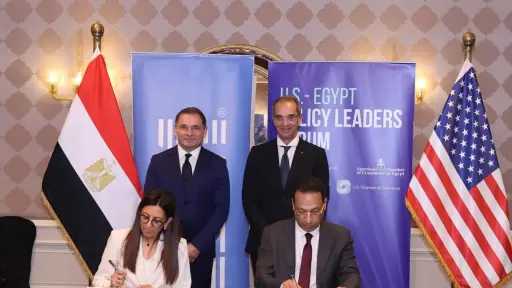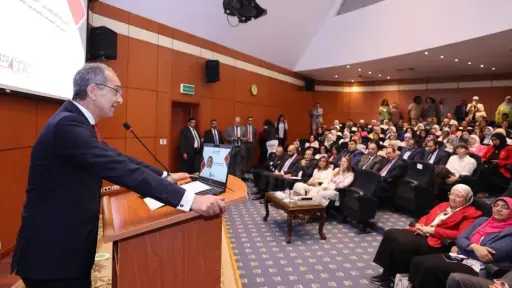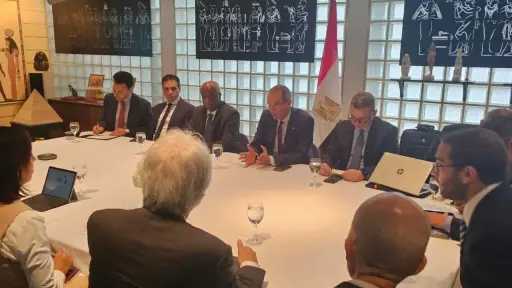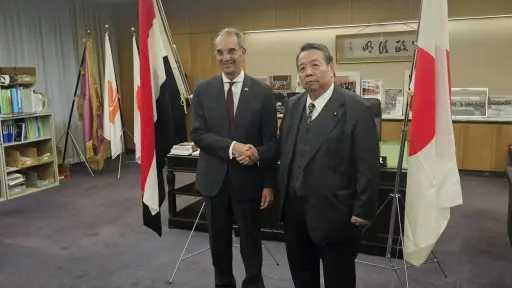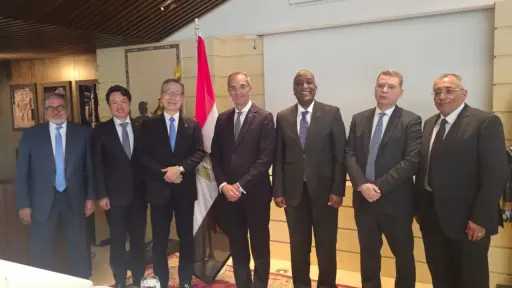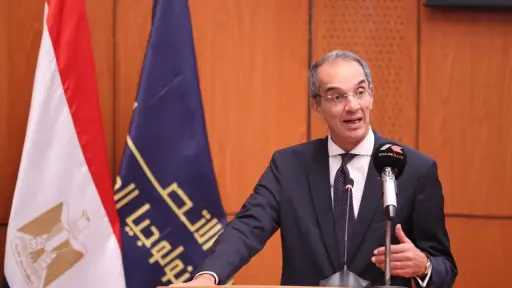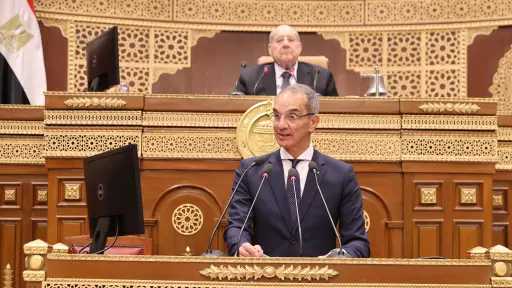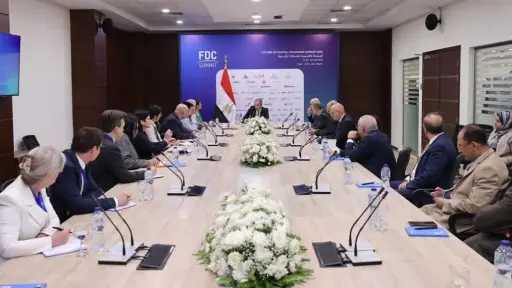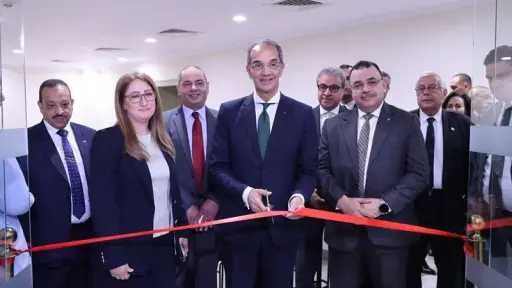Egypt’s ICT Minister Champions AI-Driven Digital Transformation at US-Egypt Policy Leaders Forum 2025
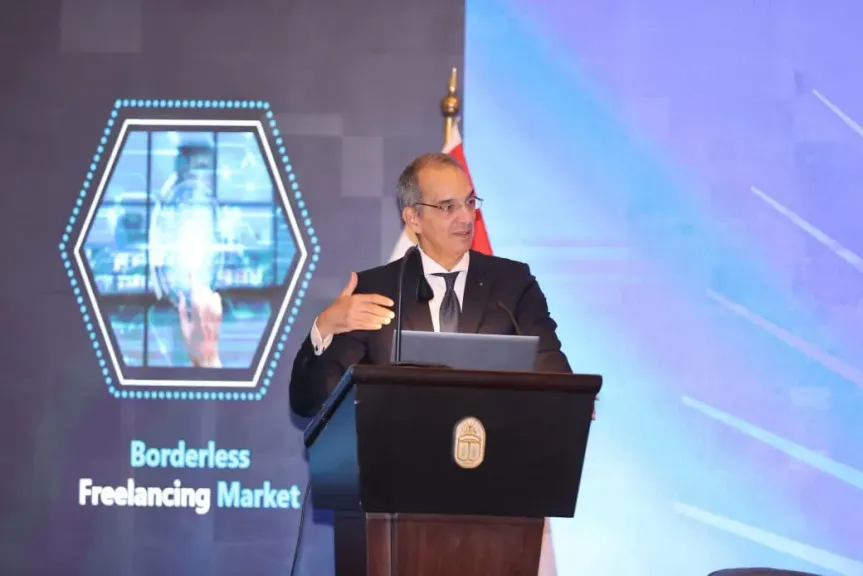
Egypt’s Minister of Communications and Information Technology, Dr. Amr Talaat, delivered a keynote address at the “Accelerating Egypt’s Digital Transformation through AI for Economic Growth” session, held as part of the US-Egypt Policy Leaders Forum 2025. The event brought together high-profile participants, including AmCham Egypt President Omar Mohanna, ITIDA CEO Ahmed Elzaher, executives from international technology firms, and members of the Egypt-US Business Council.
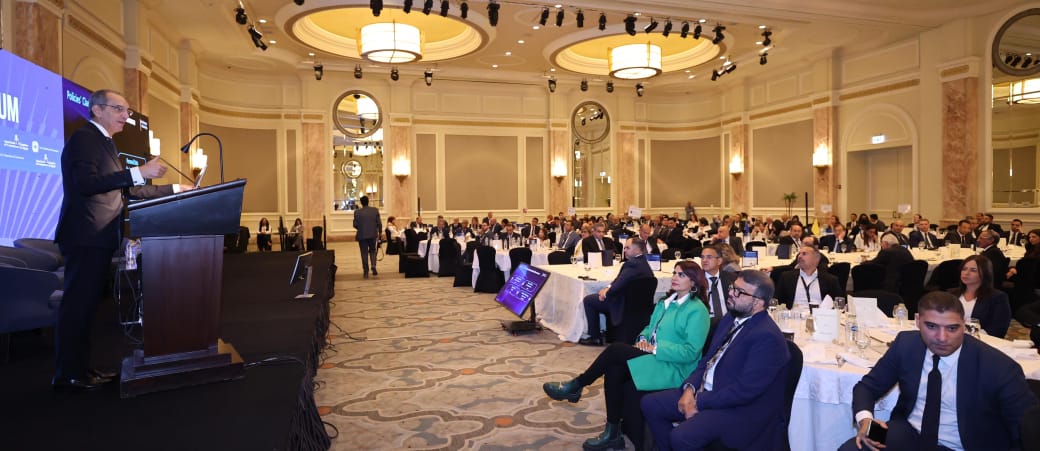
In his remarks, Talaat outlined Egypt’s comprehensive efforts to harness emerging technologies—particularly artificial intelligence (AI)—to drive sustainable economic growth and innovation. He emphasized that the ICT sector has emerged as a cornerstone of the Egyptian economy, maintaining the highest growth rate among government sectors at 16% annually and doubling its contribution to GDP from 3.2% to 6% over the past seven years.
Talaat stressed that people remain at the heart of the Digital Egypt strategy, which is focused on expanding access to digital services and equipping citizens with future-ready skills. The number of trainees in digital capacity-building programs has skyrocketed from 4,000 in 2018 to 500,000 annually, with initiatives covering all age groups and professional levels.
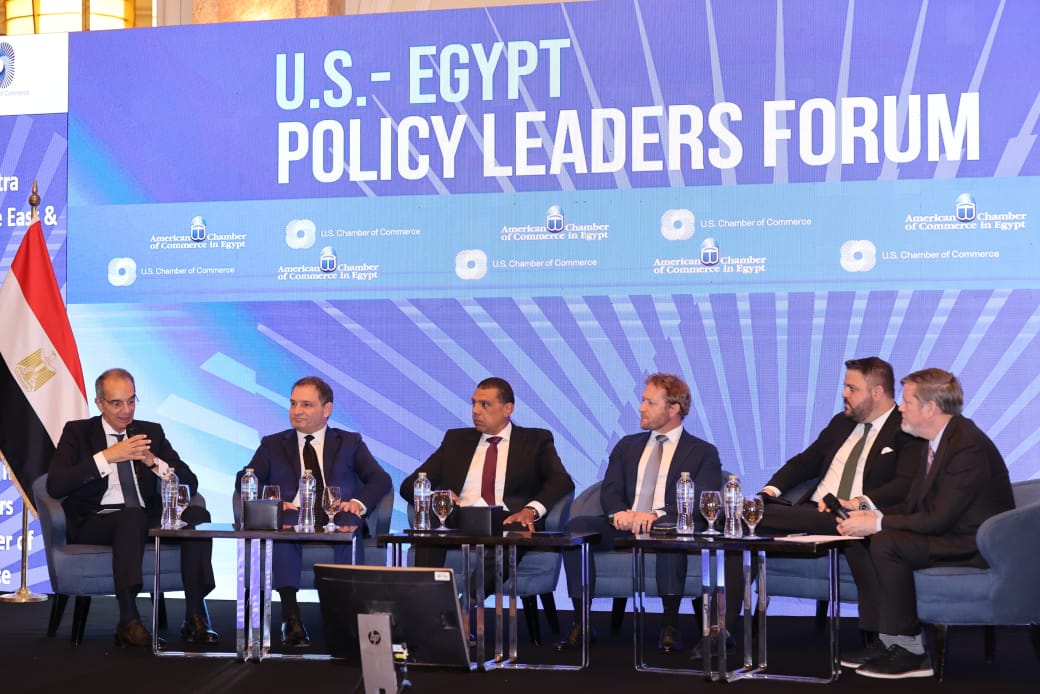
Highlighting Egypt’s efforts to cultivate a digitally skilled workforce, Talaat referenced initiatives such as the establishment of 19 WE Applied Technology Schools and the launch of Egypt University of Informatics (EUI)—Africa’s first ICT-focused university—based in the New Administrative Capital.
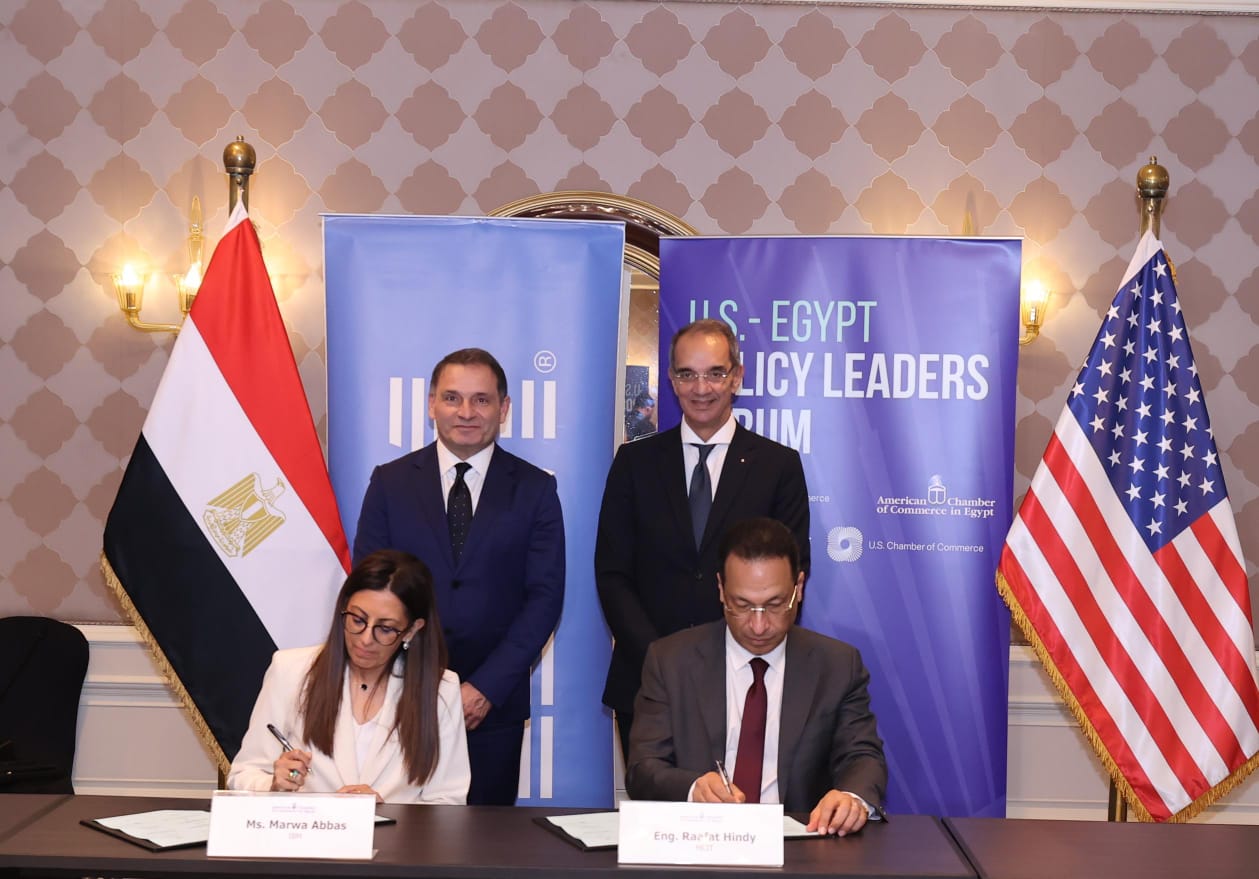
He also noted Egypt’s emergence as a regional hub for offshoring services, with the number of outsourcing companies tripling since 2021 and exports growing by 80% in three years. Furthermore, he highlighted the nation's growing electronics manufacturing sector, which now includes nine mobile phone producers targeting over 9 million units in 2025.
On the infrastructure front, Talaat described Egypt’s pivotal role in global data traffic, handling more than 90% of data between Asia and Europe via 20 international submarine cables and 10 landing stations. He also detailed national efforts to expand fiber optic networks and mobile towers, as well as to digitize key government services such as the Universal Health Insurance system and land registry.
A major highlight of the forum was the signing of a Memorandum of Understanding (MoU) between Egypt’s Ministry of Communications and Information Technology (MCIT) and IBM. The MoU aims to train 100,000 individuals over five years through the IBM SkillsBuild platform, focusing on AI, data science, cybersecurity, and quantum computing. The agreement also supports responsible AI practices and knowledge-sharing on global trends.
IBM General Manager and Technology Leader for North East Africa, Marwa Abbas, emphasized the company's commitment to empowering youth and bridging the digital skills gap. “Through close collaboration with MCIT, we aim to build a resilient, innovation-driven digital future for Egypt,” Abbas said.
The forum also saw the launch of a new initiative to accelerate AI adoption across key sectors, driven by collaboration between MCIT, American tech companies, AmCham, and both the Egyptian and U.S. business communities. The initiative includes funding and mentoring for startups, AI education integration, and joint pilot projects to spur innovation and cross-sector partnerships.
As Egypt continues to climb global digital rankings—including a 46-place jump in the Government AI Readiness Index and Category A classification in the World Bank’s GovTech Maturity Index—Talaat reaffirmed the government’s dedication to establishing Egypt as a regional leader in digital transformation.
“Strategic partnerships such as the one with IBM are vital to nurturing Egypt’s AI talent and supporting our vision for a competitive, digitally empowered economy,” Talaat concluded.


